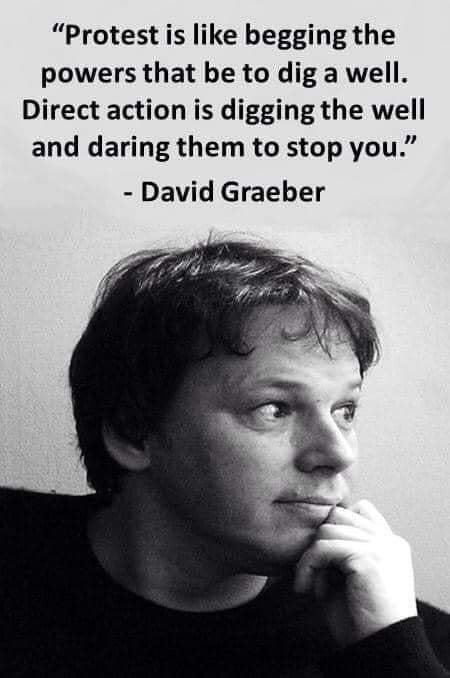What should be more visible to people now. If we want the #openweb to survive and thrive, we need new forms of power, ones that can defend the community and challenge traditional blinded power dynamics without falling into the traps of control, hierarchy, and co-option.
The problem is clear: If we follow traditional power politics, based on control, manipulation, and exclusion, we will fail. We’ve seen this play out repeatedly, grassroots movements spark change, only to be then sold out and absorbed, neutralized by the #mainstreaming flows of #blinded personal and institutional power.

So what is #blocking, what’s stopping us building a needed project like the #OGB?
This is about “unthinking” the “Silo Path” vs. the “Aggregation Path”. Centralized control (the silo path) is easier to manage, but it kills autonomy and leads to gatekeeping. A decentralized, organic approach (the aggregation path) requires more effort but keeps power in the hands of the community.
The #OGB needs to be built on open trust networks, not locked-down institutions. This leads to perception of a lack of “perceived power” and currently people, default to following power. It’s a chicken-and-egg issue, If we don’t look like power, we will struggle to attract participation. But power doesn’t have to mean hierarchy, it can mean influence, legitimacy, and real impact. We need to keep building structures that feel like power while staying true to open, bottom-up values.
This brings up issues of funding and recognition of grassroots growth, where almost all valuable social and technological change comes from, grassroots movements, not the #mainstreaming institutions that later co-opt are repeatedly funded to claim ownership and CONTROL. The problem is that these CONTROL institutions default to sucking up resources, draining the energy and focus from grassroots projects, leaving hollowed out shells, undervalued and underfunded. To fix this, we need a cultural shift that recognizes and invests in #KISS decentralized, community-driven alternatives.
We need important changes before we can be the change and challenge, to actually make this work. This is the path of supporting “Organic Intellectuals with Muddy Feet”, Change happens on the ground, not in #NGO meetings or #dotcons boardrooms. We need to elevate people who are actively engaged in building solutions, not just talking, or #blocking by co-opting.
To learn from effective grassroots paths, the #OGB is different to the normal mess, it draws from real-world activist organizing, not abstract theories and #fashernista posturing. Let’s look at some examples: In coding, loose scrum for open source dev leads to adapting flexible, iterative structures for governance. In culture, Burning Man’s self-organizing, mutated from Rainbow Gatherings, illustrating that radical decentralization works at scale, though this dose brining issues we need to actively balance. And in tech federated networks (like the #Fediverse), show that distributed, non-hierarchical systems can replace corporate monopolies.
We do not need to rush change, we can move slow, take a few steps, we need to avoid the trap of fighting over power, where internal battles drain energy and distract from the real mission. This “stepping” is needed to keep the focus on building native paths, not wasting focus arguing over control. In this active #KISS path, the #OGB needs to function as a shared infrastructure, not a battleground for egos.
The path isn’t to directly destroy existing power structures, it’s to build alternatives that are too effective to ignore. The #OGB isn’t just another governance tool; it’s a blueprint for creating sustainable, community-led power without falling into the traps of traditional politics.
Let’s work together as we are at a turning point. We can either follow the same old paths of control, stagnation, and failure, or we build something that actually works. The choice is ours. Let’s make it happen, please.
#4opens #nothingnew #DIYculture #openweb #grassroots





